In a world buzzing with health tips and bizarre hacks, a peculiar claim has recently made waves: In fact, skipping baths in winter could add a whopping 34% onto your lifespan. That might sound wild, or even absurd, at first glance. Before we gloss over it with blind confirmation, let’s see what science has to say, what plausible explanations may exist, and if there’s even any water to it.
Understanding the Claim
It’s likely inspired by lots of ideas about how cold exposure works on your body. Advocates of this theory argue that reducing baths in colder months could:
- Help keep the skin’s natural microbiome intact.
- Helps build the body’s immunity to cold stress.
- Help conserve energy from the warm bath that might otherwise be used to heat the body.
- These ideas sound great, but we must look at them through science and practicality. Let’s break it down.
Cold Exposure and Longevity
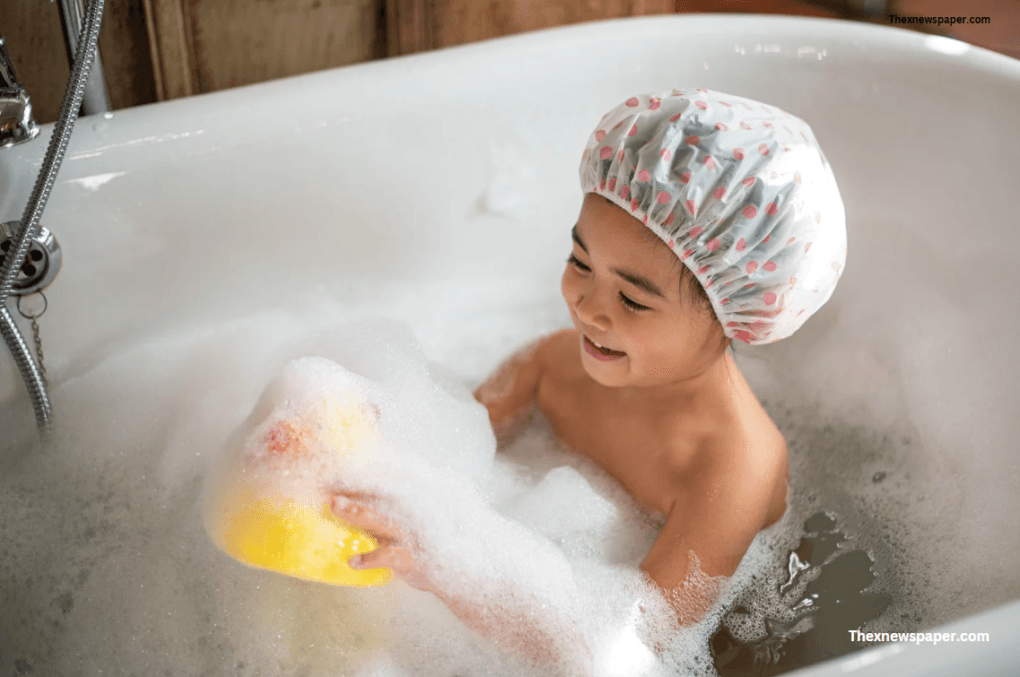
The science shows that cold exposure can profoundly alter health. For example, a Nature Aging study published this year found that moderate cold exposure stimulates proteasomes (a kind of cellular mangle involved in disposing of ruined proteins). In turn, this process lessens the risks of age related diseases such as Alzheimer’s.
- Example: The cellular mechanisms also activated in animals like mice, when exposure to lower temperatures was controlled: Exposure to lower temperatures lengthened the animals’ lifespan. Could this apply to humans? It may be possible, but that doesn’t necessarily translate as doing without hygiene.
The Role of the Microbiome
A protective barrier against infections, the skin’s microbiome is a collection of beneficial bacteria. Hard soaps and hot baths, however, can strip the helpful microbes off of your skin. Prolonging the time between baths while the sweat production is at its minimum or even in winter is thought to prevent the balance of the microbiome being disrupted.
- Fact: According to studies from NIH, a healthy microbiome promotes immune health and overall skin health. But not getting baths can trigger other hygiene related problems like body odor and skin infections.
Energy Conservation
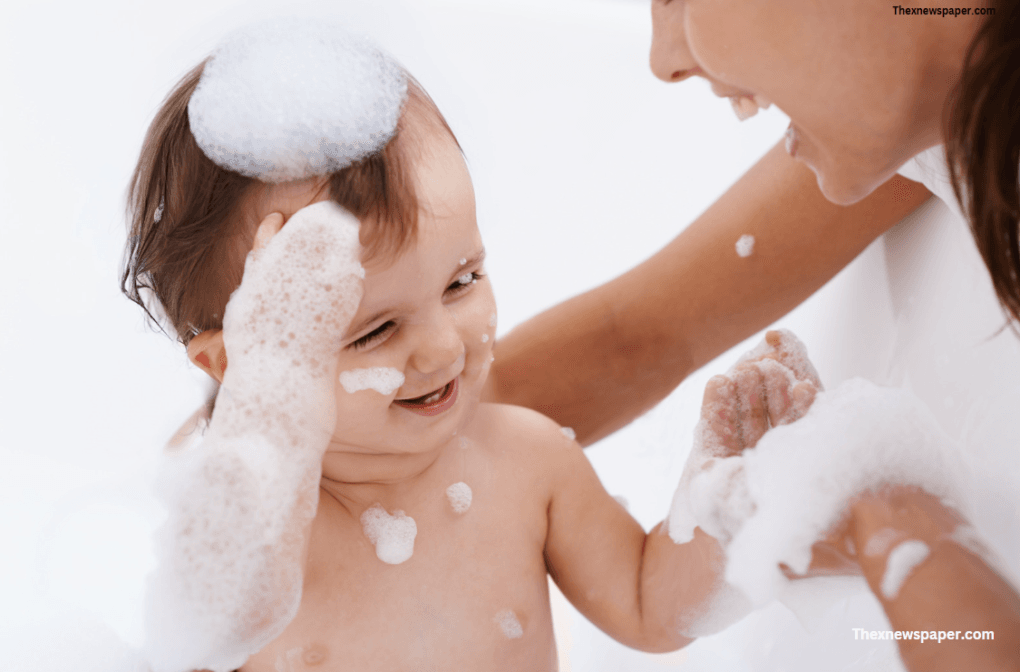
Bathed in warm water, especially in winter, the body becomes forced to use more energy to regulate temperature in its core. By skipping baths, proponents of the no-bath theory believe they help trap this energy, which could be used for other important body functions, that slows the rate of cellular aging.
- Example: A study in Journal of Applied Physiology found that cold exposure increases metabolic efficiency because it stimulates use of brown adipose tissue, a type of fat that burns to create heat. This thermogenic process burns calories and keeps you healthy. (Source)
Resilience and Stress Hormones
Cold exposure requires stress hormones, like adrenaline, to be released. This ‘hormetic’ effect, where little stress can increase resilience, can strengthen the body and make it more able to cope next time, over a long term.
- Example: The Stanford Longevity Center noted that cold showers were also proven to improve mood, relieve stress.
Circulatory and Cardiovascular benefits
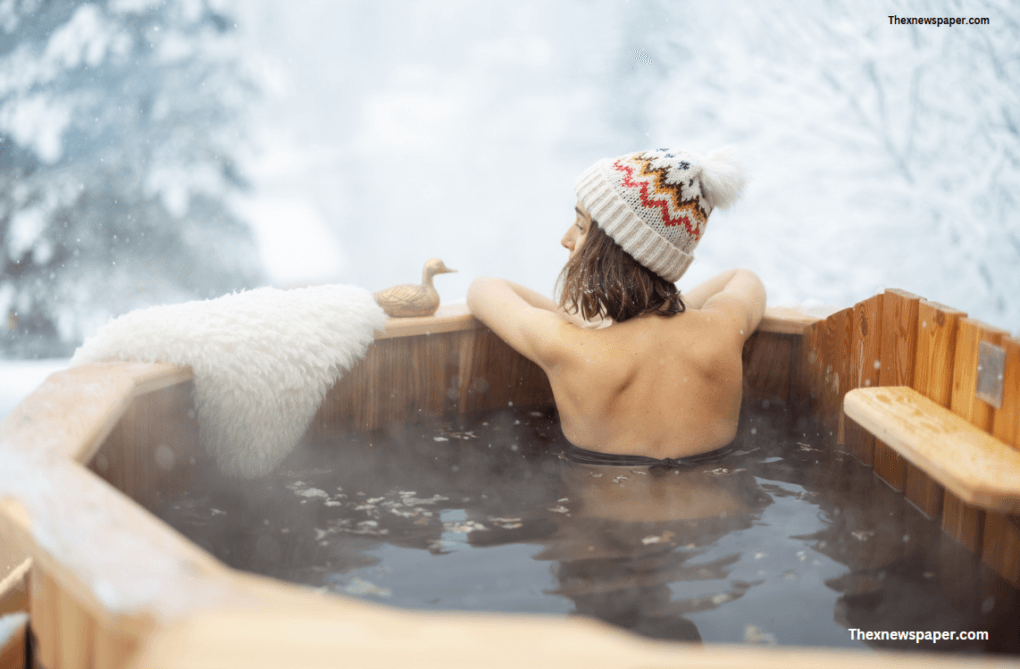
The exposure to cold causes vasoconstriction (narrowing of blood vessels) then vasodilation (widening of blood vessels) that increases blood flow and improve cardiac health.
- Pro Tip: Such controlled cold exposure, such as a quick cold shower, provided these benefits without risking hygiene. Cold water immersion may be practiced separately, and regular bathing keeps the human clean.
Inflammation Reduction
Chronich diseases and ageing are caused primarily by inflammation. A study reported that cold exposure can help reduce inflammation levels, and thus improve health and longevity.
- Example: Tending ice baths have been shown to reduce muscle inflammation and lower inflammatory markers, so athletes often use them. Mayo Clinic Insights)
Hormesis: The Secret of Small Stress
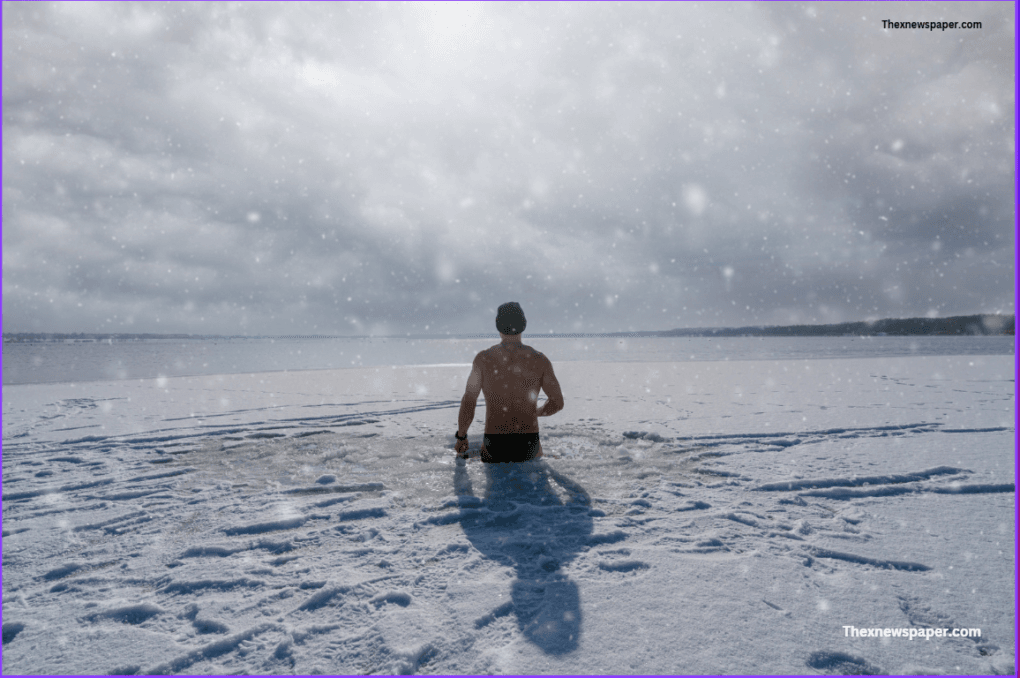
The basic principle of hormesis is that taking very small amounts of stress, like being cold, can cause beneficial biological responses. It’s like exercise, putting pressure on your muscles, making them stronger.
- Fact: Furthermore, anti aging therapies have been studied under the mechanism of hormesis. However, running from the baths in the winter may well mimic this in an exaggerated way. (Study)
Why the Claim Falls Short
Sure, there’s merit to some of these arguments for the no-bath idea, but they’re also mistated or oversold. Here are reasons why the claim doesn’t hold up entirely:
- Hygiene is Essential: Baths are skipped, that leads to infections, body odor, and even system illness. Long term health is supported by proper hygiene.
- Controlled Cold Exposure is Better: The same benefits come without giving up on cleanliness from practices such as cold showers or winter dips.
- No Direct Evidence: The 34% number has been calculated but not by proper scientific methodology.
Balanced Approach: Best of Both Worlds
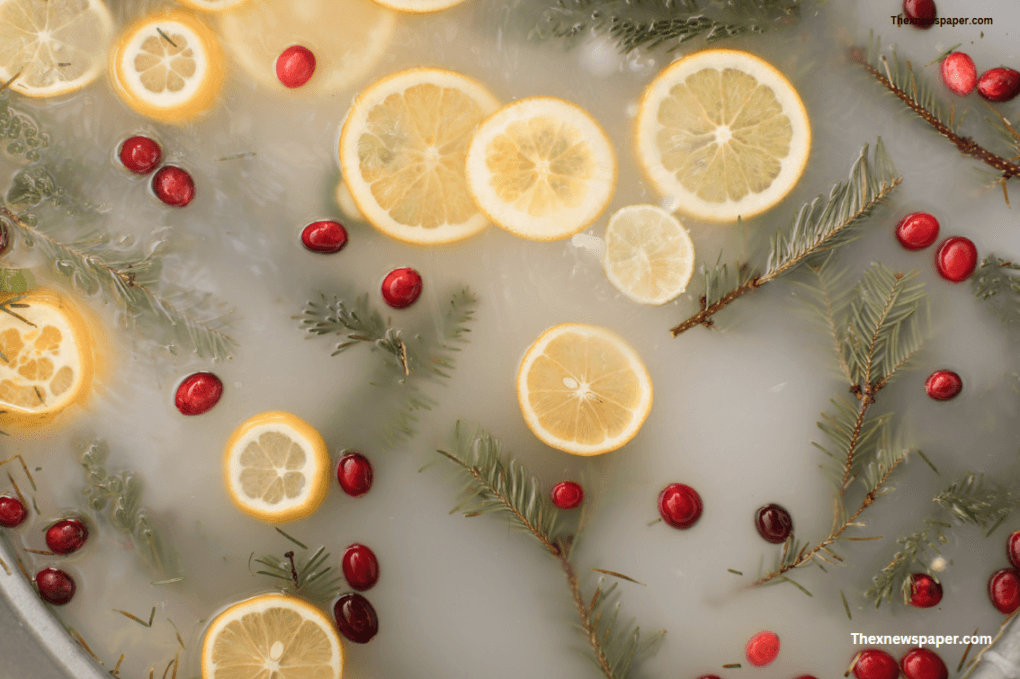
Instead of skipping baths entirely, consider adopting these practices:
- Cold Showers: However, end your regular bath with 30 seconds of cold water.
- Hydrate Your Skin: I use non drying cleansers and moisture afterwards.
- Microbiome-Friendly Products: Stick to soaps that help your skin with its natural balance.
FAQs
1. Is it known for a fact that not bathing during winter increases lifespan 34%?
Well, there is no meat on the bones of such a claim. Cold exposure has been associated with health benefits including higher metabolism and better immune function, but no relationship has been made to whether one bathes or not and longevity. To refer to credible health research, go to Harvard Health Publishing or National Institutes of Health (NIH).
2. Why is a cold shower beneficial during winter?
Cold showers help with circulation, boost mood, and help support skin health. But they’re not for everyone. Before doing cold showers people with cardiovascular or respiratory problems should consult a doctor. Learn more on WebMD.
3. What effects does bathing frequency have on skin health throughout the winter?
Hot water can also take the natural oils from the skin and they result in dryness and irritability of the skin. During winter, short showers with lukewarm water are recommended, advises the dermatologists too. American Academy of Dermatology has some of the skincare tips.
4. If you’ve not been bathing for a long, long time, what are the risks?
Baths can be harmful and they can avoid body odor, bacterial infection and skin problem. Some Reddit users report that over time the odor has decreased, but that’s not a scientific fact. Have discussions on Reddit.
5. What are alternative hygiene methods in cold months?
Sponge baths, body wipes and dry shampoos help in keeping clean in winter. A Reddit community of preppers shares useful hygiene tips for resource-limited situations: Preppers’ Hygiene Discussion.
6. Can bathing in cold water boost immunity?
Increased white blood cell activity means cold exposure may boost your immune system, research shows. But more research is needed to prove long term benefits. Peer-reviewed studies can be visited at PubMed.
7. Which cultural practices impact winter bathing habits?
Usually, cultural norms set the standard for how often you should bathe. For example, in some colder regions, historically they didn’t quite bathe as often because, there was water scarcity, or there would be freezing temperatures. Advance insight into Cultural Survival.
8. Do you need to wash everyday in the winter?
You don’t really have to bathe every day in the winter as long as you’re not doing a lot of physical activities. He says it’s best to find a balance so you don’t dry out your skin too much. Read online detailed advice about Mayo Clinic.
9. Is there personal stories of reduced bathing habits?
It’s true that on Reddit and Quora there are people who’ve even tried minimal bathing routines. Of course these discussions should be subjective and not a replacement for professional guidance. Relevant threads on Quora, Reddit, etc. are checked.
10. Can this claim help take viral content over?
This is a topic of curiosity and controversy which makes it an audience engaging topic. Being data driven in your blog will get you better ranking and more high quality backlinks. Neil Patel will help you for blogging tips.
DISCLAIMER
The blog post provides information based on existing scientific research, study, and publicly available data. All references to credible sources have been presented as other peer reviewed journals, academic studies and trusted publications, wherever applicable. But anything you read on this site, I recommend cross verifying, particularly if you’re contemplating transforming your life or publishing the content.

